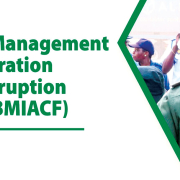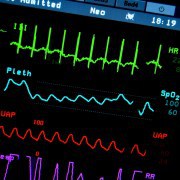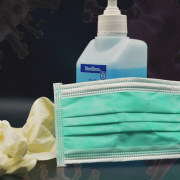|
Getting your Trinity Audio player ready...
|
Towards the end of March we reported on the launch of the Border Management and Immigration Anti-Corruption Forum (BMIACF), a Department of Home Affairs and Special Investigating Unit initiative.
Corruption Watch not only supports this vital collaborative initiative, which aims to to clamp down on corruption in this sector, but is a member of the BMIACF as it is with the three existing multi-stakeholder forums – the Health, Local Government, and Infrastructure Built anti-corruption forums. The organisation represents civil society in evaluating and assessing corruption cases that come to the border management forum from various sources. Other civil society organisations participating are the Institute for Security Studies and OUTA.
Now, Home Affairs minister Leon Schreiber has announced a further development to keep South Africa’s borders safe – a fleet of drones which, after a successful trial over the festive season, is now available on a full-time basis. He also announced the deployment of body-worn cameras for port officials, which will not only detect and document acts of corruption, allowing for more effective consequence management, but will also monitor the efficiency and conduct of those officials.
Read more in the press release republished below.
Minister Leon Schreiber launches cutting-edge technology for BMA to improve border management
10 Apr 2025
In a momentous step forward to improve border management and security, the minister of Home Affairs, Dr Leon Schreiber, today unveiled cutting-edge new drone and body-worn camera technology to be rolled out by the Border Management Authority (BMA).
In terms of our unwavering commitment to digital transformation, the minister today launched four advanced unmanned aerial vehicles, commonly known as drones, and 40 body worn cameras that will be deployed for the first time over the Easter Weekend.
The drones are equipped with some of the most advanced night vision cameras in the world, including thermal detection technology. They are powered by Artificial Intelligence, enabling the devices to recognise and lock onto heat sources, moving people, or vehicles. They can travel at speeds up to 43 kilometres per hour and are capable of operating in remote rural areas, without access to GPS, and even underground. The drones launch within 15 seconds, are durable and waterproof, and capable of operating under all weather conditions.
The BMA is undertaking world-class training to equip eight officers to become expert drone pilots. They will operate the devices on a shift basis,and will move around different ports in the country. Additionally, following a successful operational partnership over the festive season, the BMA will again partner with the Department of Rural Development and Land Reform, which will avail five more drones to the BMA during the Easter period.
Schreiber also launched 40 body-worn cameras with the BMA. These cameras will be fitted to officials working in the port environment to detect and punish acts of corruption, while also monitoring the efficiency of officials. Importantly, the cameras are linked to a dedicated Digital Evidence Management System which ensures that all footage is admissible in court to ensure successful convictions.
He said: “The launch of this technology marks the single biggest step forward ever for enhancing border security and management. Data shows that when we first trialled the use of drones over the festive season, the number of attempted illegal crossings that were successfully prevented, increased by 215%. The BMA will now permanently deploy this cutting-edge technology on a full-time basis.”
Schreiber concluded: “Our message to would-be illegal immigrants and smugglers is clear: for the first time ever, we are now watching the borderline during the day, we are watching at night, we can see your body heat wherever you try to hide, and we will catch you. As we roll out more and more cutting-edge technology, there are fewer and fewer places to hide for criminals who undermine our national security.”







